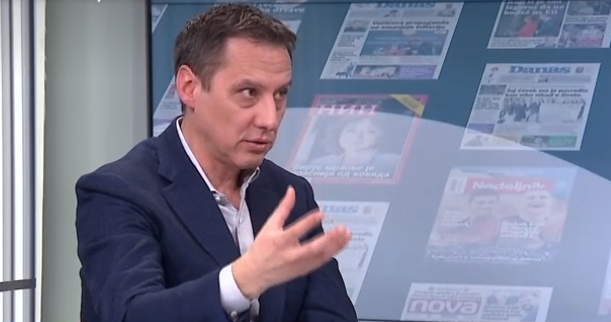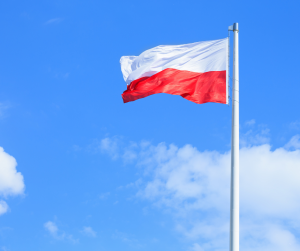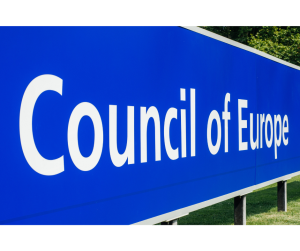He voiced his opinion that the public is not fully aware of what the government wants to push through with the new Law on Public Information and Media and Law on Electronic Media.
In an interview with the N1 TV show New Day, Lalic said he understands why N1 has been justifiably focused on the disputed provisions of the Law on Electronic Media that were dropped in the end, which would enable the “racketeering” of cable operators, but stressed that there are other problematic issues in the Government’s draft laws.
“If this Law (on Public Information and Media) is passed, and it will be, it will be talked about… It will be a turning point towards the complete ‘Orbanization’ of the media,” cautioned Lalic.
He noted that the European Union last year adopted a media freedom act in which the key point is a just distribution of state advertising.
The free flow of advertisements in the 19th century is precisely what created independent newsrooms, said Lalic, adding: “We don’t have that, that’s how we crumble the media!”
“If you allowed a free flow of advertisements then you would get what they have in the West. The only one who attempted this is (slain Serbian Prime Minister) Zoran Djindjic, when he came to power in 2000, he worked on the privatization of Politika, and he also wanted to privatize Novosti,” said Lalic.
He stressed that the Government is now trying to push through something that should have taken six months.
“I am a publisher, and no one has spoken with me,” said Lalic, describing the proposed media laws are “completely criminal.”
“You can’t fight Telekom. I hear that it is going into printing, someone is giving 600 million euros for the broadcasting of matches! In five years’ time, when we realize that that’s unfair competition (…) in five years’ time there won’t be any media if this law is adopted,” he cautioned.
He said what he found the most insulting was that, following the Tuesday meeting hosted by OSCE and attended by Serbian government officials, representatives of the European Union Delegation, Norwegian Embassy journalists’ and media organizations, everyone kept saying how the talks were constructive.




